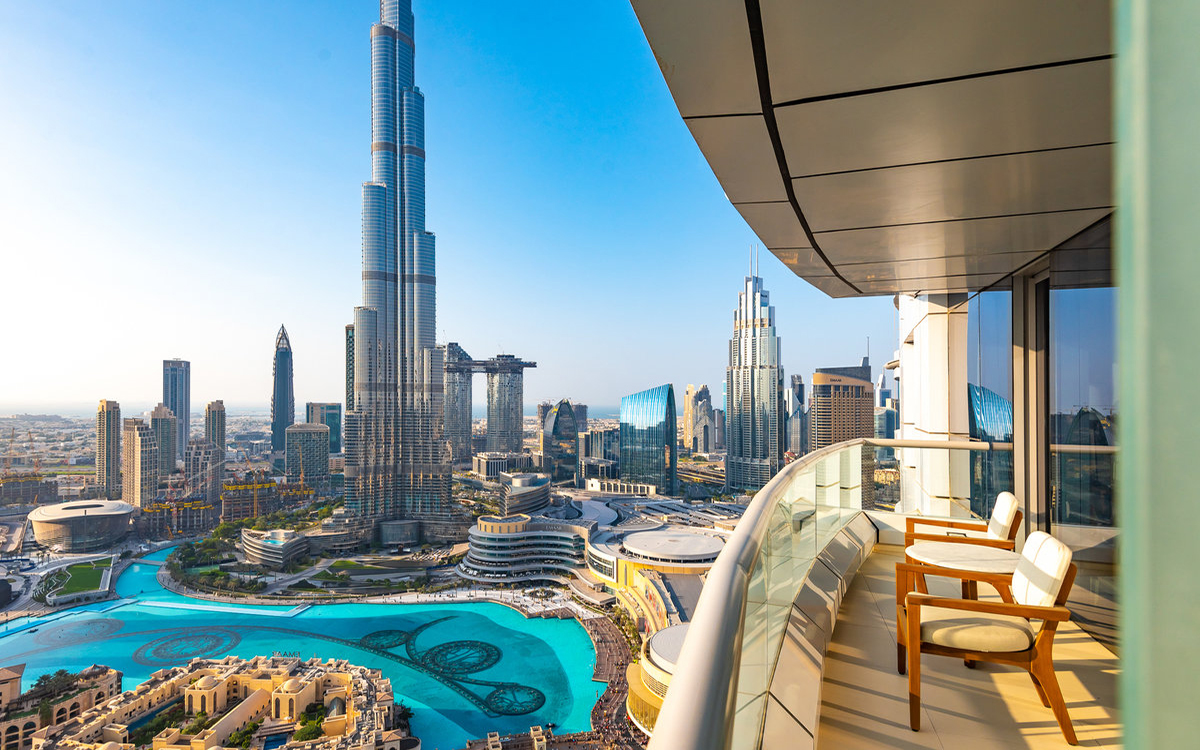Dubai has long been a favored destination for expatriates, thanks to its tax-free income, luxurious lifestyle, and thriving job market. Buying property in Dubai is a significant investment, and understanding the process is crucial, especially for expats. This guide will walk you through the key steps and considerations for purchasing property in Dubai as a foreigner.
1. Understand Property Ownership Laws
Property ownership laws for expats in Dubai
Expats are allowed to buy property in designated freehold areas in Dubai. These areas include popular neighborhoods such as Downtown Dubai, Dubai Marina, and Palm Jumeirah. It’s important to familiarize yourself with these regulations and ensure that the property you’re interested in is located within a freehold area.
2. Financing Your Purchase
Mortgage options for expats in Dubai
Securing financing is a crucial step in the property buying process. Many banks in Dubai offer mortgage options to expats, but the eligibility criteria and terms can vary. Typically, expats can get up to 80% financing for their property purchase. It’s advisable to get pre-approved for a mortgage to understand your budget and streamline the buying process.
3. Choosing the Right Property
Best properties for expats in Dubai
Dubai offers a wide range of properties, from luxury apartments and villas to affordable townhouses. Consider your lifestyle, budget, and long-term goals when choosing a property. Working with a reputable real estate agent can help you find properties that meet your criteria and guide you through the selection process.
4. Making an Offer
How to make an offer on a property in Dubai
Once you’ve found the right property, the next step is to make an offer. This involves submitting a formal offer letter to the seller, outlining the proposed purchase price and terms. It’s common to negotiate the price, so be prepared for some back-and-forth before reaching an agreement.
5. Legal Considerations
Property legal process in Dubai
The legal process of buying property in Dubai involves several steps, including signing a Sales and Purchase Agreement (SPA), paying the deposit, and transferring ownership. It’s crucial to work with a qualified real estate lawyer to ensure that all legal aspects are handled correctly and to avoid any potential pitfalls.
6. Fees and Costs
Property fees in Dubai
When buying property in Dubai, it’s essential to budget for additional fees and costs. These can include:
- Dubai Land Department (DLD) fees: Typically 4% of the property value
- Agency fees: Usually 2% of the property value
- Mortgage fees: Vary depending on the lender
- Maintenance fees: Annual fees for property upkeep
7. Transfer of Ownership
Property ownership transfer in Dubai
The final step in the property buying process is the transfer of ownership. This takes place at the Dubai Land Department, where the buyer and seller, along with their representatives, complete the necessary paperwork and payment of fees. Once the transfer is complete, you’ll receive the title deed, officially making you the owner of the property.
Conclusion
Buying property in Dubai as an expat can be a rewarding investment, offering both lifestyle benefits and potential financial returns. By understanding the legal and financial aspects, and working with experienced professionals, you can navigate the process smoothly and make informed decisions. Whether you’re looking for a new home or an investment opportunity, Dubai’s real estate market has something to offer everyone.






